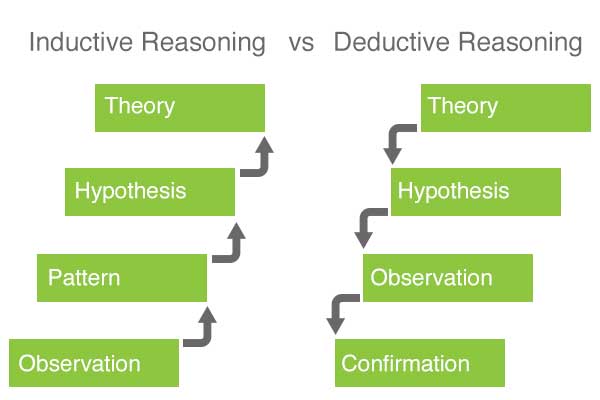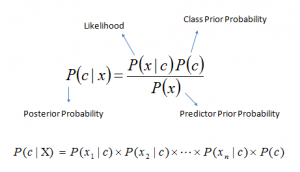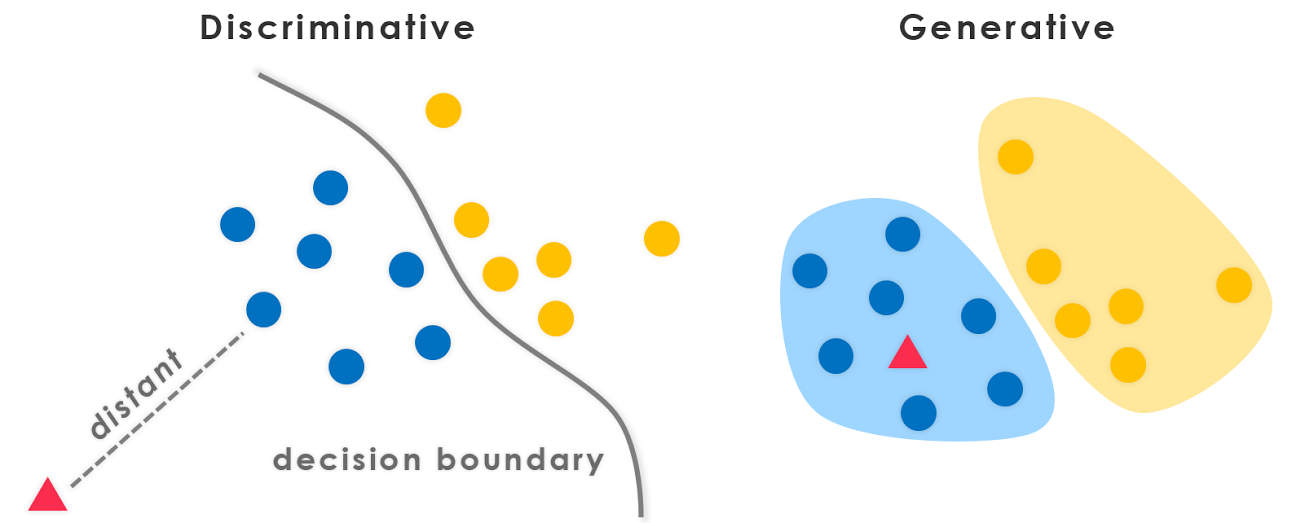
What are the differences between Inductive Reasoning and Deductive Reasoning in Machine Learning?
Inductive Reasoning
Inductive reasoning includes making a simplification from specific facts, and observations. It uses a bottom-up method. It moves from precise observation to a generalization or simplification. In Inductive reasoning, the conclusions are probabilistic. An Inductive argument can be strong or weak, that means conclusion may be false even if premises(properties) are true. Usage of inductive reasoning is fast and easy, as we need evidence instead of true facts.
Deductive Reasoning
Deductive reasoning uses available facts, information, or knowledge to assume a valid conclusion. It uses a top-down approach or method. It moves from generalized statement to an effective conclusion. In deductive reasoning, the conclusions are sure. Deductive arguments can be valid or invalid, that means if premises or properties are true, the conclusion must be true. Usage of deductive reasoning is difficult, as we need facts which must be true.



